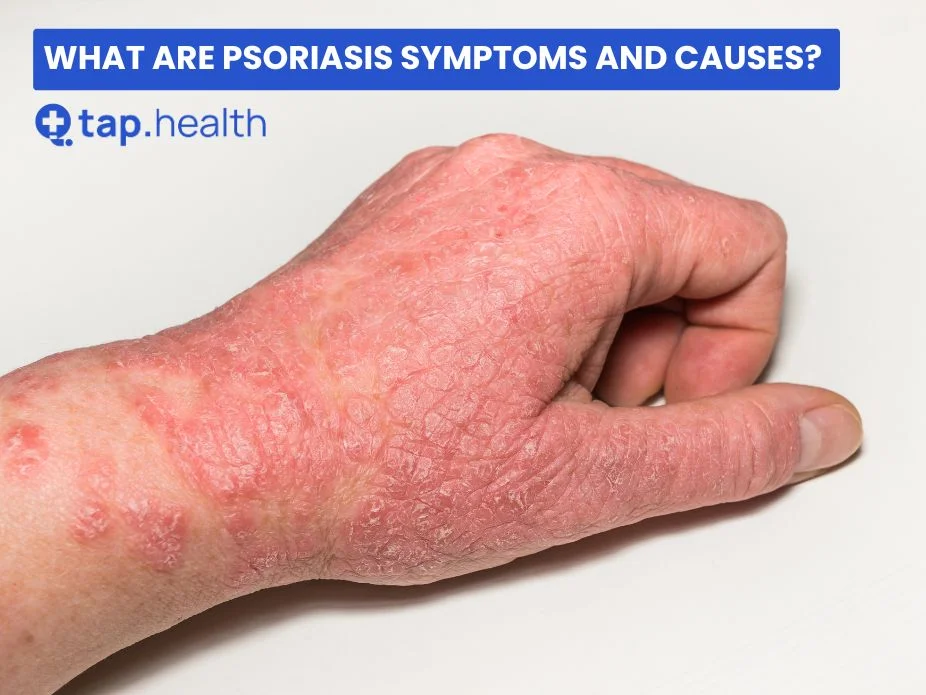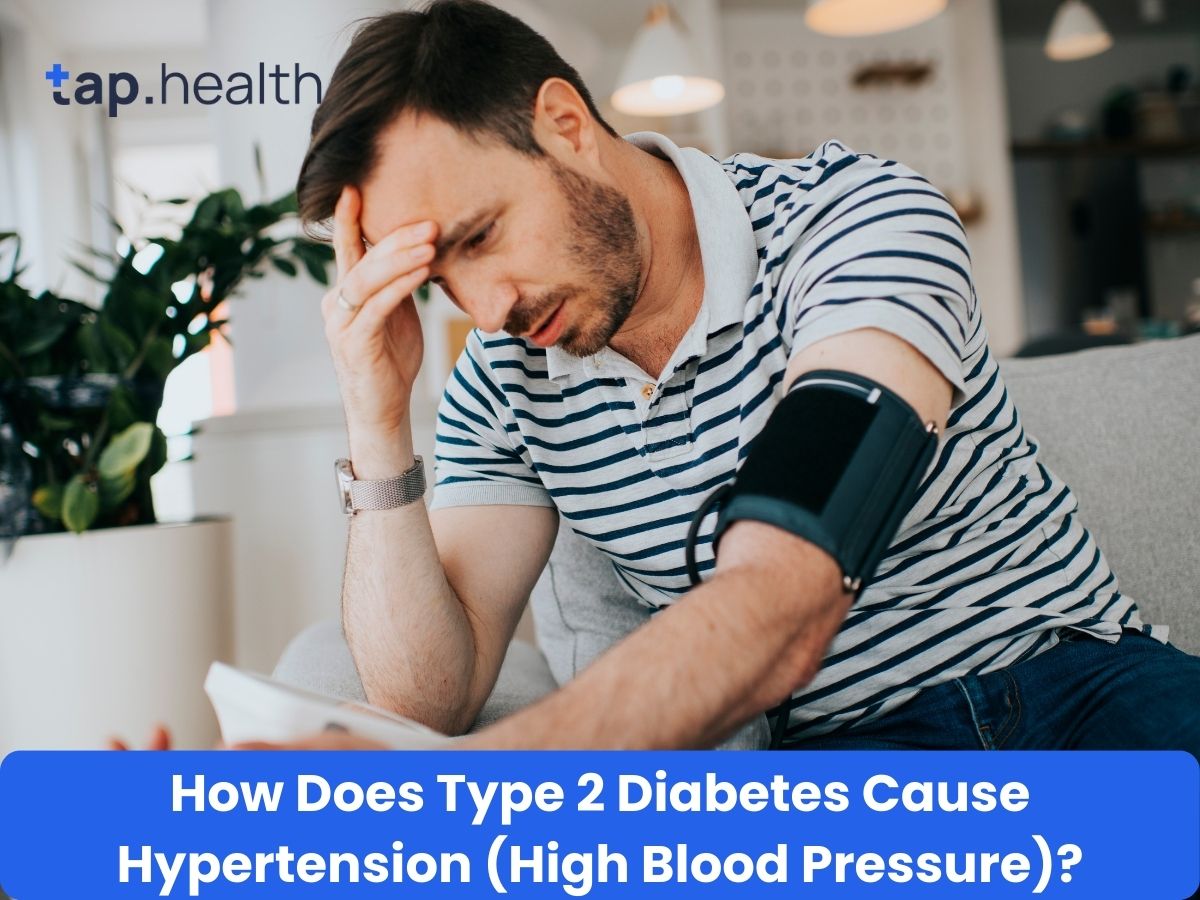Psoriasis is a chronic autoimmune condition that affects the skin, leading to red, scaly patches that can cause discomfort and impact quality of life. This blog explores the symptoms, causes, types, diagnosis, and treatment options for psoriasis, addressing common questions like “What are the signs of psoriasis?” and “What triggers psoriasis flare-ups?” With a focus on clarity, we’ll break down the essentials in a concise question-and-answer format to help you understand this condition better.
What Is Psoriasis and Who Gets It?
What is psoriasis?
Psoriasis is a long-term autoimmune disorder where the immune system attacks healthy skin cells, causing rapid skin cell turnover. This results in red, scaly patches on the skin.
Who is at risk for psoriasis?
Psoriasis can affect anyone, regardless of age, gender, or ethnicity. However, certain factors increase the risk:
- Genetics: A family history of psoriasis raises the likelihood.
- Age: It often appears between ages 15 and 35.
- Lifestyle: Smoking, excessive alcohol, and obesity are risk factors.
- Stress: High stress levels can trigger or worsen symptoms.
- Infections: Streptococcal infections, like strep throat, may provoke psoriasis.
What Are the Types of Psoriasis?
What are the different forms of psoriasis?
Psoriasis manifests in several forms, each with unique characteristics:
- Plaque Psoriasis: The most common type, featuring red, raised patches with silvery scales on elbows, knees, scalp, or lower back.
- Guttate Psoriasis: Small, dot-like lesions often triggered by infections, common in children and young adults.
- Inverse Psoriasis: Shiny, red lesions in skin folds, such as under the breasts or in the groin.
- Pustular Psoriasis: White pustules surrounded by red skin, often on hands or feet.
- Erythrodermic Psoriasis: A rare, severe form causing widespread redness and skin shedding, requiring urgent care.
What Causes Psoriasis?
What triggers psoriasis?
The exact cause of psoriasis remains unclear, but it involves:
- Immune System Dysfunction: The immune system mistakenly targets healthy skin cells, accelerating skin cell production.
- Genetics: Specific genes linked to psoriasis increase risk, especially with a family history.
- Environmental Factors: Triggers include:
- Skin injuries (cuts, burns, or sunburn).
- Infections (e.g., strep throat).
- Stress.
- Certain medications (e.g., beta-blockers).
- Smoking or heavy alcohol use.
What Are the Symptoms of Psoriasis?
What are the common signs of psoriasis?
Psoriasis symptoms vary by type and severity but often include:
- Red, Scaly Patches: Inflamed areas with silvery-white scales.
- Itching or Soreness: Affected areas may itch or feel sore.
- Dry, Cracked Skin: Can lead to bleeding in severe cases.
- Thickened Nails: Nails may develop pits, ridges, or thickening.
- Joint Pain: Swollen or stiff joints, indicating psoriatic arthritis.
- Common Locations: Elbows, knees, scalp, and lower back are frequent sites.
- Flare-Ups: Symptoms may worsen during flare-ups triggered by stress, infections, or medications.
How Is Psoriasis Diagnosed?
How do doctors diagnose psoriasis?
Diagnosis typically involves:
- Physical Examination: Doctors inspect the skin for characteristic plaques.
- Medical History: Questions about symptoms, family history, and triggers.
- Skin Biopsy: A small skin sample may be examined under a microscope to confirm psoriasis.
- Blood Tests: Used to rule out related conditions like psoriatic arthritis.
- Imaging Tests: X-rays or MRIs may assess joint involvement in suspected psoriatic arthritis cases.
What Are the Treatment Options for Psoriasis?
How is psoriasis treated?
While there’s no cure, treatments can manage symptoms effectively:
- Topical Treatments:
- Corticosteroids to reduce inflammation.
- Vitamin D analogues to slow skin cell growth.
- Retinoids, calcineurin inhibitors, or coal tar for symptom relief.
- Phototherapy:
- UVB phototherapy or PUVA (psoralen plus UVA) under medical supervision.
- Excimer laser targets specific areas.
- Systemic Medications:
- Oral or injected drugs like methotrexate, cyclosporine, or biologics for moderate to severe cases.
- Lifestyle Changes:
- Stress management (e.g., meditation, yoga).
- Healthy diet and regular exercise.
- Avoiding triggers like smoking or alcohol.
When Should You Seek Medical Help for Psoriasis?
When is it time to see a doctor?
Consult a healthcare provider if you experience:
- New or Worsening Symptoms: New patches or worsening of existing ones.
- Joint Pain or Swelling: Possible signs of psoriatic arthritis.
- Infection Signs: Increased redness, warmth, swelling, or pus.
- Impact on Daily Life: If psoriasis affects mental health, daily activities, or quality of life.
Frequently Asked Questions About Psoriasis
1. What triggers psoriasis flare-ups?
Common triggers include stress, infections, skin injuries, certain medications, smoking, and alcohol consumption.
2. Is psoriasis contagious?
No, psoriasis is not contagious and cannot spread through contact.
3. Can diet impact psoriasis?
While no specific diet cures psoriasis, a balanced diet avoiding inflammatory foods may help manage symptoms.
4. Is psoriasis linked to other conditions?
Yes, it’s associated with psoriatic arthritis, cardiovascular disease, diabetes, and depression.
5. Can psoriasis be cured?
There’s no cure, but treatments can effectively control symptoms and improve quality of life.
6. What role does the immune system play in psoriasis?
Psoriasis occurs when the immune system attacks healthy skin cells, causing rapid cell turnover and inflammation.
7. Are there natural remedies for psoriasis?
Some find relief with aloe vera, tea tree oil, or omega-3 fatty acids, but these should complement medical treatments and be used under professional guidance.
8. How often should I see a doctor for psoriasis?
Regular check-ups are key to monitor the condition and adjust treatments as needed.
9. What lifestyle changes help manage psoriasis?
Stress reduction, a healthy diet, regular exercise, and avoiding smoking or excessive alcohol can reduce symptoms.
10. How does psoriasis affect mental health?
Psoriasis can cause emotional distress, anxiety, or depression due to its visible symptoms and chronic nature, making mental health support important.
Conclusion
Psoriasis is a complex autoimmune condition that requires a multifaceted approach to management. By understanding its symptoms, causes, and triggers, individuals can take proactive steps to manage flare-ups and improve their quality of life. From topical treatments and phototherapy to lifestyle changes, there are numerous ways to address psoriasis effectively. If you suspect you have psoriasis or experience worsening symptoms, consult a healthcare provider for a personalized treatment plan. Stay informed, manage triggers, and prioritize your well-being to live confidently with psoriasis.



